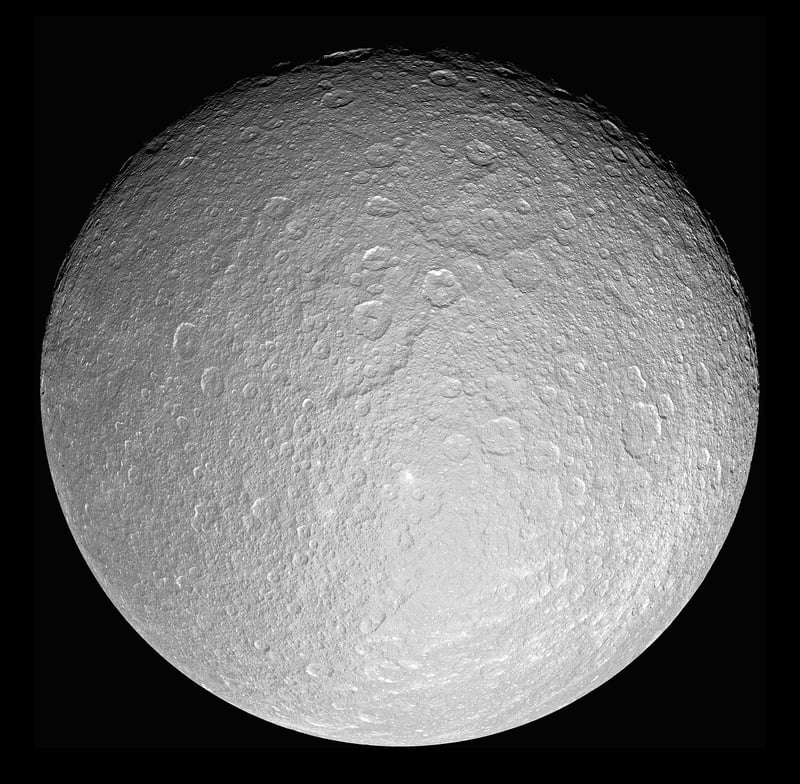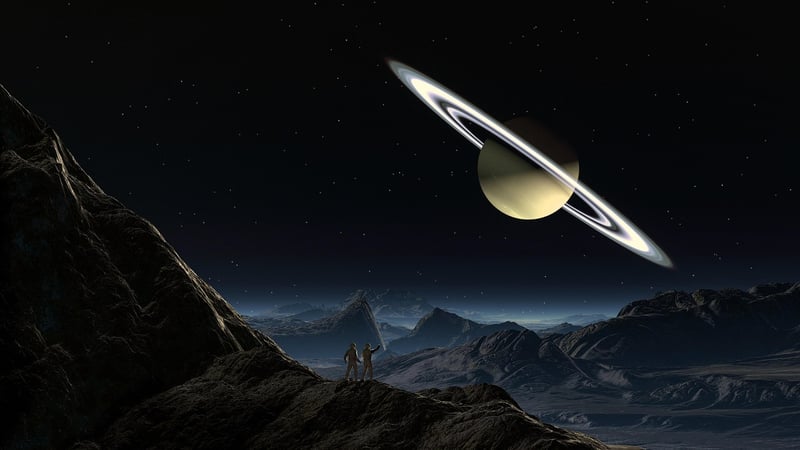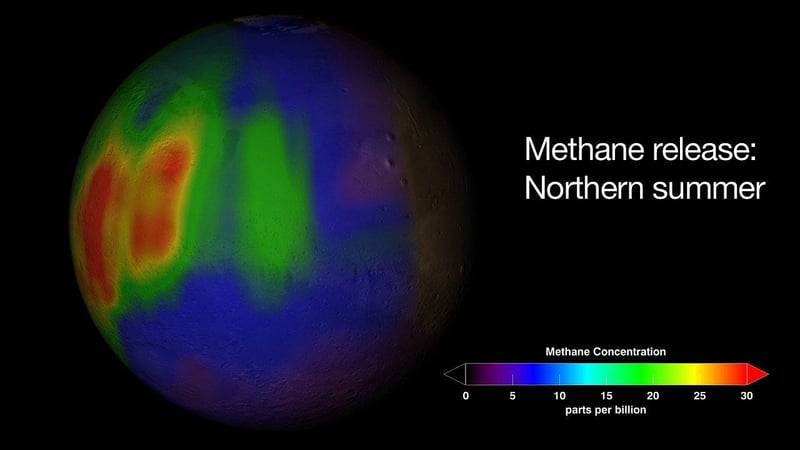Titan Methane
The Fascinating World of Titan Methane
Welcome to the intriguing realm of Titan, Saturn's largest moon, where methane plays a crucial role in shaping its unique environment. Titan, with its thick atmosphere and diverse geology, offers a captivating blend of celestial bodies and methane chemistry.
Exploring Titan's Atmosphere
Titan's atmosphere is primarily composed of nitrogen with methane as a significant component. Methane clouds and rain contribute to methane lakes and rivers on the moon's surface, creating an otherworldly landscape reminiscent of Earth's hydrological cycle.

Methane Lakes and Seas
The presence of liquid methane on Titan's surface is a remarkable feature. Lakes and seas filled with methane dot the moon, providing a dynamic environment for scientific study and exploration. These methane bodies interact with the moon's geology, forming complex methane-based landscapes.

Implications for Astrobiology
Studying Titan's methane cycle offers valuable insights into astrobiology and the potential for life beyond Earth. Methane, a key organic molecule, serves as a building block for complex chemistry and could indicate the presence of microbial life or prebiotic chemistry on Titan.
Future Missions and Discoveries
As we continue to explore the mysteries of Titan, upcoming missions aim to delve deeper into its methane-rich environment. Scientists hope to uncover further clues about the moon's geology, methane cycle, and the implications for our understanding of planetary processes.

Join us on this cosmic journey as we unravel the secrets of Titan's methane world and unlock the mysteries of celestial bodies in our solar system.
For more information on Titan and its fascinating features, visit NASA's Titan Overview.
